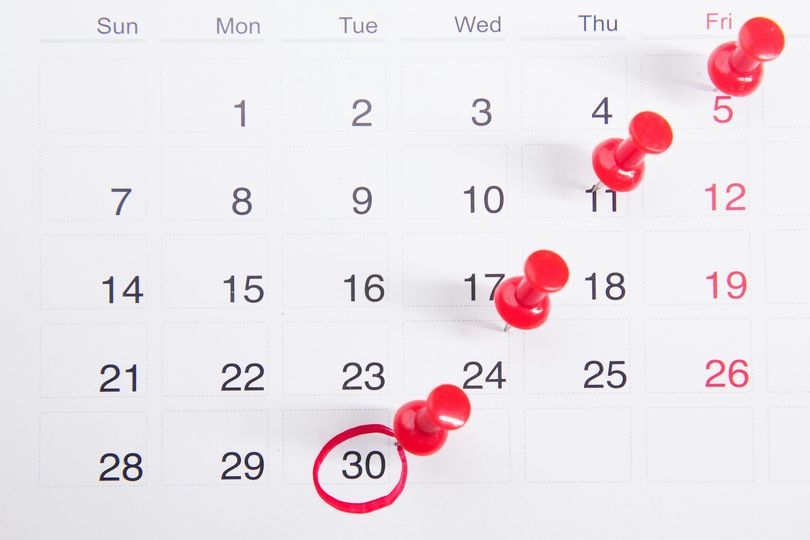Do you have what it takes to be considered a 5-star teammate in the hotel industry?
Crafting the perfect guest experience isn’t a one-person job. It takes teamwork to ensure guests have a seamless stay from arrival to departure.
That’s why being a good teammate is crucial for effective hotel management. You need to work well not only within your department, but also with others to avoid disrupting the guest experience.
Being reliable, responsible, fair, and considerate towards your colleagues is key. Here’s how to excel as a teammate in the fast-paced world of hospitality:
1. Punctuality is Key
Have you ever experienced watching the clock towards the end of your shift, eager to wrap up the day and spend time with your family? Or maybe go on a much-awaited date with your special someone, only to find out your replacement is running late…again?
After a tiring day standing on your feet and assisting guests left and right, most of us can’t wait to clock out as soon as possible. So, being constantly late for no good reason is a surefire way to earn the wrath of your colleagues, and that’s never a good thing when working in a team.
Arriving on time for your shift is crucial if you want to be a good teammate. By being punctual, you not only demonstrate respect for your colleagues’ time but also ensure that they don’t have to extend their shifts unnecessarily, disrupting their work-life balance.

2. Responsibility Matters
We’ve all been there – the after-shift parties where the nights turn into mornings pretty quickly.
When you’re having fun, it can be easy to get carried away with the alcohol intake and end up either late for your shift the next day, or worse, too hungover to even come to work at all. Believe me when I say that this sort of behavior never sits well with your team.
Avoiding excessive drinking the night before work shows responsibility. Being absent due to hangovers not only affects your own performance but also puts additional pressure on your team to cover for you.
It’s essential to prioritize your responsibilities over temporary indulgences. After all, you wouldn’t want to pull a double shift to cover for a drunk colleague, would you?
3. Pull Your Weight
Nothing is more annoying than having a teammate who feels like a dead weight. You know the kind – those who suddenly disappear when the line gets long, those who pretend not to hear the phone ringing, those who suddenly bend down to “check the printer” when a guest approaches the desk, those who are out the door the minute their shift is over, even if the queue is a mile long. Every team seems to have one… make sure you’re not the one in yours.
In a team setting, everyone must do their fair share of the work. Avoid leaving tasks unfinished or passing them onto the next shift unless absolutely necessary. Your diligence ensures a smooth transition between shifts and maintains the quality of service for guests.
4. Practice Fairness
Nobody likes a credit-grabber. Whether it’s by a teammate or a superior, it never feels good when someone takes credit for something they didn’t do.
In a hotel setting, where guests sometimes have a hard time identifying the specific staff who helped them due to the changing schedules or the sheer number of staff, it’s easy to mistakenly be commended for something you weren’t even responsible for. In this case, integrity should kick in.
Acknowledging your colleagues’ contributions, and sharing credit where it’s due, fosters a positive work environment. Avoid hogging credit for collective achievements, and recognize the efforts of your teammates openly.
5. Avoid Blame Games
As the saying goes, never throw your teammates under the bus. Even if you know that they are the ones who made the mistake, you should never openly place blame even if it makes you look good.
Mistakes happen, but playing the blame game only undermines team morale and productivity. Instead of pointing fingers, focus on finding solutions and learning from errors as a team.

6. Consider Leave Schedules
We all want to maximize our days off and our vacation leave. Often, there are multiple leave requests during holidays and long weekends, and of course not all requests can be accommodated.
This is one of the realities hoteliers need to accept when entering the hospitality industry. Due to the 24/7 operations of our business, there are a lot of factors to consider when plotting schedules and approving leaves.
When requesting time off, consider the impact on your team and strive for a win-win situation. Being considerate with leave schedules ensures that workload distribution remains fair and manageable for everyone.
7. Offer Help When Needed
One of the best ways to be a 5-star teammate to your colleagues is by offering help beyond your usual tasks.
In times of high workload or emergencies, extending a helping hand to your colleagues is a great way to strengthen team bonds and foster a culture of support. Offering assistance, even if it means extending your own shift temporarily, or doing things beyond your usual tasks, shows dependability, initiative and selflessness, and can go a long way in building a stronger team.
8. Embrace Feedback
We all do our best, but nobody’s perfect. We are all learning as we go along, and there will always be people who will be more knowledgeable and experienced than us, who we can learn a thing or two from.
Be open to receiving constructive feedback from your colleagues and supervisors, and even from your guests. Constructive criticism helps us identify areas for improvement and fosters personal and professional growth.
Instead of getting defensive, treat it as a gift and use it as a tool to get better at your craft.
9. Share Knowledge
When you’ve been in the industry for a long time, chances are you’ll have some best practices that only those years of experience can give you.
Being a good team player means not gatekeeping these golden bits of information, and sharing them with the team, especially with newcomers who could definitely use all the help they can get.
By offering guidance and insights, you contribute to the collective learning of the team and help level up your overall performance.

10. Express Gratitude
Lastly, it never hurts to acknowledge and appreciate the efforts of your colleagues who go above and beyond to support you and the team.
If a teammate covers for you when you have an emergency, if someone jumps in to provide an answer to the guest when you are clearly stumped, when someone offers to do some of your work when you are drowning in pending tasks… a simple thank you goes a long way in building a culture of appreciation and camaraderie.
Being a 5-star teammate in the hotel industry requires more than just having excellent technical skills. It demands reliability, responsibility, fairness, and empathy towards your colleagues.
By embodying these qualities, you not only help improve your team’s dynamics. You also show that you care for your company, and contribute to the success and reputation of your hotel.
What other things can you do to become a 5-star teammate everyone loves to be around? Share it with us in the comments below!




